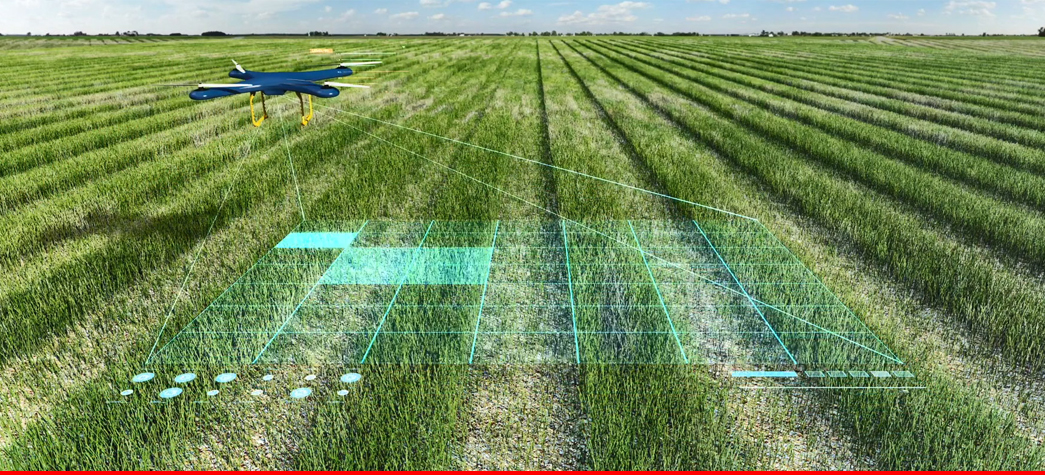
AI Powers Precision Farming Revolution in AgricultureAI Powers Precision Farming Revolution in Agriculture Artificial intelligence (AI) is transforming the agricultural landscape, enabling farmers to adopt precision farming practices that optimize crop yields, reduce environmental impact, and increase efficiency. Enhanced Crop Management: * AI algorithms analyze real-time data from sensors in fields to identify areas of high and low growth potential. * Farmers can apply fertilizers, pesticides, and water precisely where they are needed, preventing waste and maximizing plant health. * Advanced imaging technologies and machine learning models help detect and diagnose crop diseases early on, allowing for prompt intervention. Optimizing Irrigation Systems: * AI-powered soil moisture sensors monitor water levels in fields around the clock. * Irrigation systems can be automated to deliver water only when and where it is required, conserving water and energy resources. * Predictive models based on weather forecasting and crop water needs help farmers plan irrigation schedules effectively. Minimizing Environmental Impact: * AI algorithms analyze nutrient uptake patterns to optimize fertilizer application rates, reducing potential nutrient runoff and contamination of water sources. * By targeting pesticides only where necessary, AI helps minimize chemical inputs and protect beneficial insects. * Precision farming techniques can significantly reduce greenhouse gas emissions by reducing the use of fossil fuels and synthetic fertilizers. Increased Efficiency and Productivity: * AI-driven automation streamlines farm operations, freeing up farmers for other tasks. * Real-time data analysis enables farmers to make informed decisions quickly, ensuring optimal crop management. * Drones equipped with AI technology can survey crops, monitor livestock, and track inventory, enhancing visibility and reducing labor costs. Data-Driven Insights: * AI gathers and processes vast amounts of data from sensors, drones, and farm management systems. * Farmers can use this data to identify trends, optimize practices, and predict future needs. * Machine learning models can provide personalized recommendations based on farm-specific conditions. Challenges and Future Prospects: * Implementing AI requires access to technology, data, and skilled labor, which can pose challenges for small-scale farmers. * Data privacy and security concerns must be addressed to ensure the responsible use of farm data. * Ongoing research and development will continue to improve the accuracy and capabilities of AI in agriculture. Conclusion: The integration of AI into precision farming practices is revolutionizing agriculture. By leveraging data-driven insights and automation, farmers can achieve significant improvements in crop yields, environmental sustainability, and operational efficiency. As AI technology continues to evolve, the future of precision farming promises even greater advancements, empowering farmers to meet the challenges of a growing global population and a changing climate.
Posted inNews